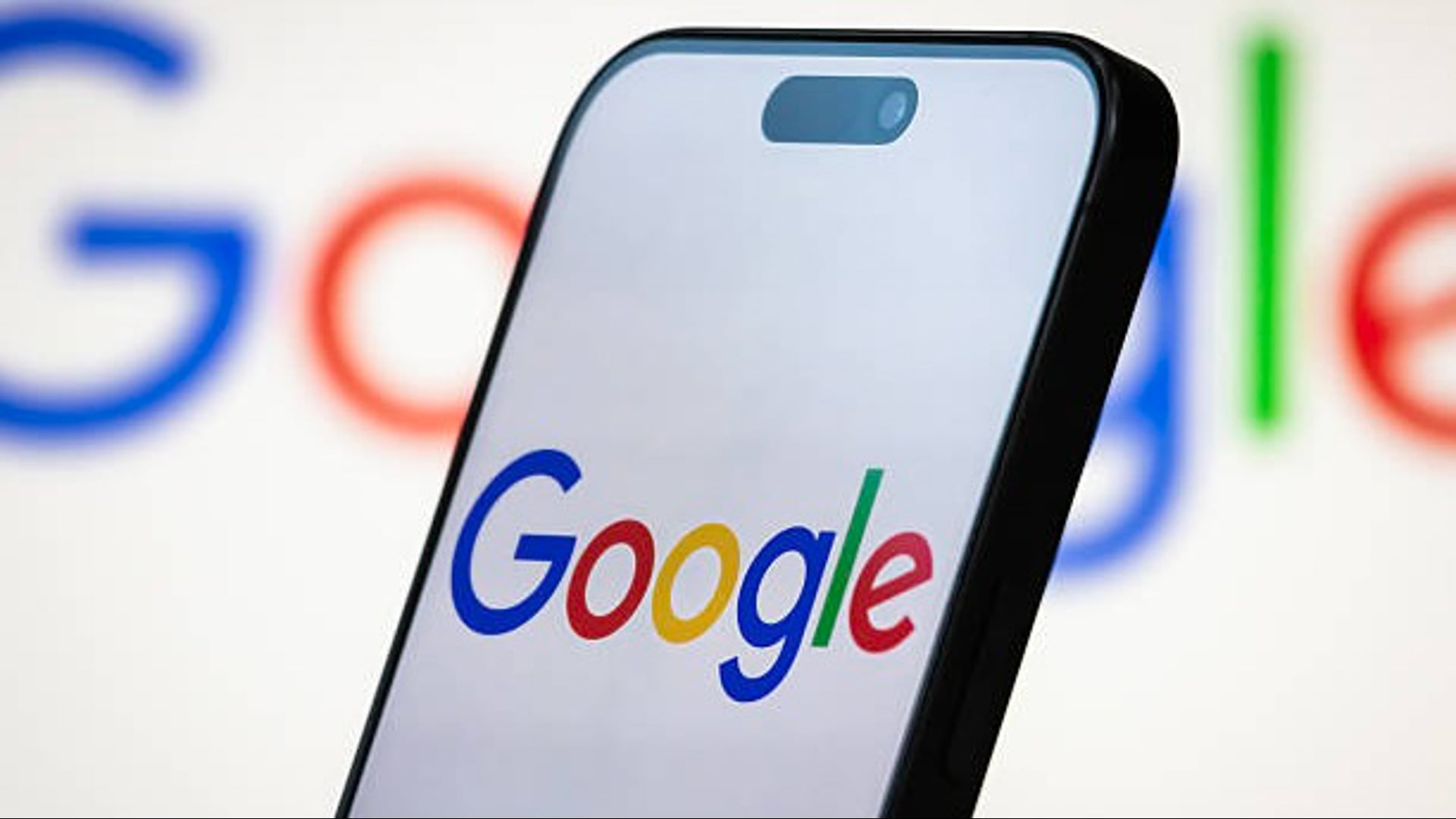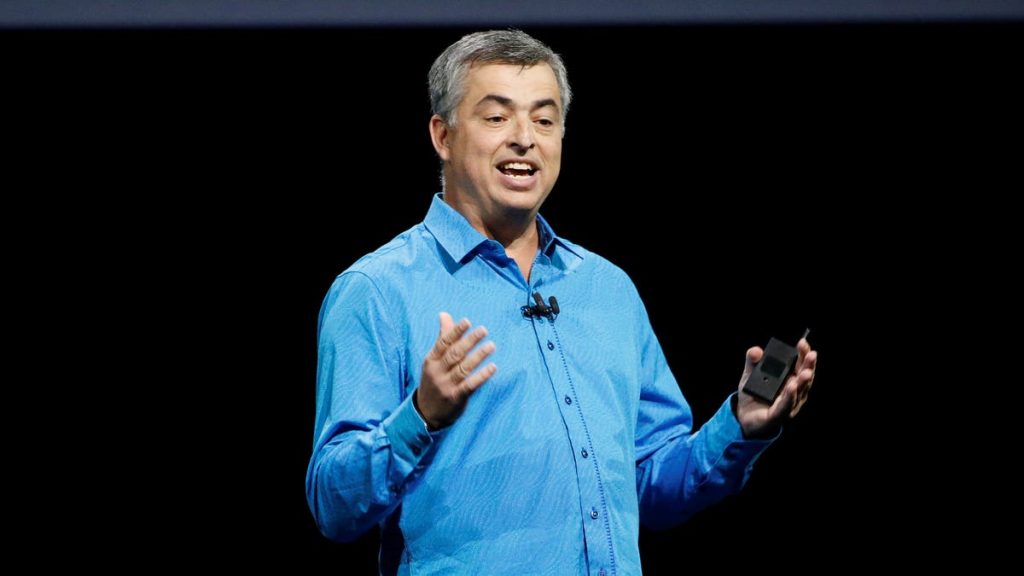
Justice Department pushes to break up Google’s search monopoly
The Justice Department has begun a three-week hearing to determine how to address Google’s illegal monopoly in internet search, with the government calling for major structural changes.
unbranded – Newsworthy
Is AI the new Google?
With more of us turning to artificial intelligence for answers, what will become of the dominant search engine that for so long has been our main gateway to the internet?
That existential question came to the fore Wednesday when Apple executive Eddy Cue testified in the Justice Department’s antitrust case against Google owner Alphabet. Apple is “actively looking at” adding AI as an alternative to search, Cue said.
Searches on Apple’s web browser Safari fell for the first time last month− a decline he chalked up to users increasingly relying on AI, according to Bloomberg News.
Google pays Apple $20 billion a year to be the default search engine on Apple devices – a lucrative deal that accounts for about 36% of its search advertising revenue, analysts estimate.
Alphabet shares closed down 8% to $152.80 in heavy trading. Apple shares fell 1% to $196.25 after Cue’s comments. Neither company responded to requests for comment.
AI search providers such as OpenAI and Perplexity will eventually supplant Google and other conventional search engines, Cue said Wednesday. Apple plans to add those options in Safari down the road.
“Prior to AI, my feeling around this was, none of the others were valid choices,” Cue said, according to Bloomberg. “I think today there is much greater potential because there are new entrants attacking the problem in a different way.”
That’s a big reason Google is flooding the zone with AI-generated answers in search results. On the company’s earnings call last month, Alphabet CEO Sundar Pichai told analysts its Gemini AI technology has increased search volume.
Wedbush Securities analyst Dan Ives said it was a “smart move” by Apple.
“This is a shot across the bow against Google and Apple is hedging its bets on AI partners,” Ives told USA TODAY.
D.A. Davidson analyst Gil Luria told Reuters that losing exclusivity with Apple would have “very severe consequences for Google even if there are no further measures.”
Baird analyst Colin Sebastian called the selloff a “kneejerk reaction” and said investors should not be spooked by the headlines.
“Most of what we heard is information (and risks) that should already be fairly well understood. We’d also remind investors that Google losing the Apple contract could still be net neutral (or even slightly positive) without ~$20 billion in annual payments to Apple that directly impact Google’s margins,” Sebastian wrote in a research note.
What’s more, even as AI engines gain market share, Google’s own AI is making its search engine better at real-time responses, according to Sebastian.
“Google also offers similar conversational AI interactions through AI overviews and Gemini, with AI Overviews now serving over 1.5 billion users monthly, making traditional Google search more useful in the process,” he wrote.

